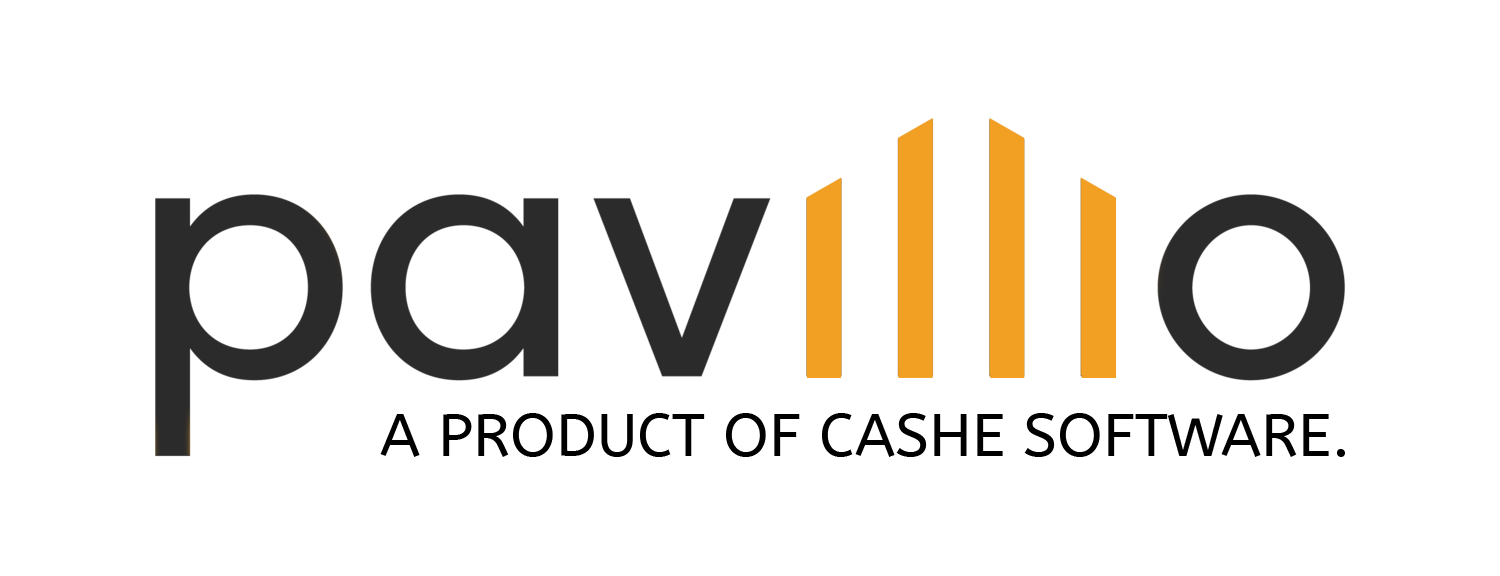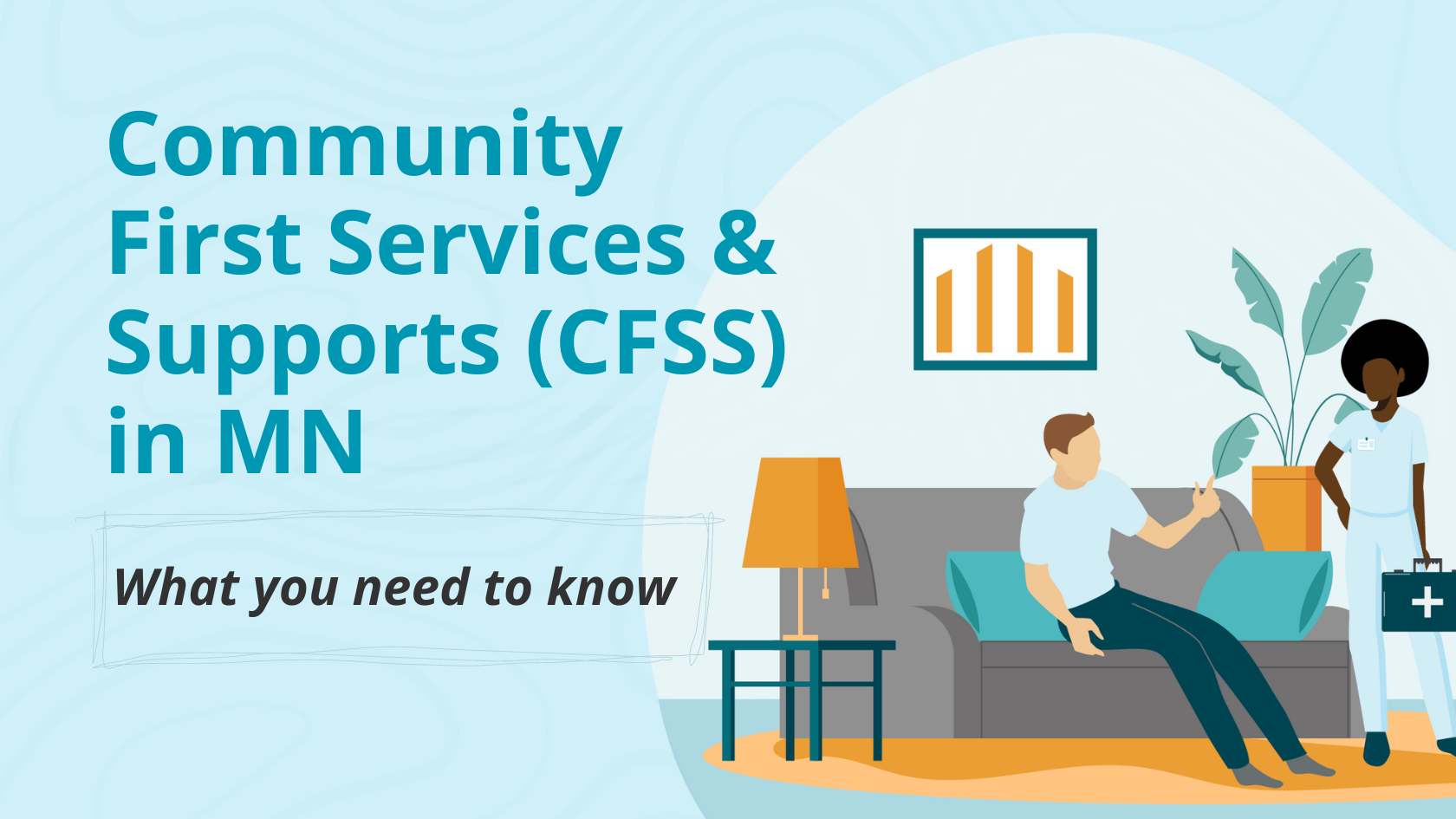Live Webinar: Pavillio – Your new Day and employment Services technology
If you are a Day or Employment service provider, this webinar is for you.
Over the last 2 years, we at Cashe software have been working on completely revamping our Day Training and Habilitation (DT&H) capabilities based on your feedback.
Pavillio now has an enhanced Day and Support Services (DSS) module that is more advanced and more intuitive than our legacy Cashe platform. If you are current Cashe customer and haven’t started your migration to Pavillio, you will get to see all the cool features and how easy it is for DSP, program staff, and the biller. If you are already on Pavillio, you will see a number of enhancements we’ve made since the beginning of the year. Here are some highlights:
– Easy attendance capture for center-based programs
– Capture Employment Services for 1:1, indirect, and group services
– Care documents available on mobile devices for DSPs
– In center employment tracking greatly simplified
– Travel billing is a breeze
– Billing is 10x simpler
– Integrated goal tracking and computation built right into attendance capture
– Consumer payroll is tracked and computed easily
– Customizable care documents (CSSPA)
– Self-directed setup of user access for DSPs and agency staff
– And much more!
Meaningful life for your client starts with making your life easier.
Download the webinar slides here.
Details on Day and Employment Services
More information on DT&H programs from the Minnesota DHS website:
-
Day training and habilitation (DT&H) are licensed supports to help adults:
- Develop and maintain life skills
- Participate in community life
- Engage in proactive and satisfying activities of their own choosing.
DT&H services are available in 81 Minnesota counties and serve more than 12,000 people.
-
Services
- Supervision, training and assistance with self-care, communication, socialization and behavior management
- Supported employment and work-related activities
- Community integrated activities, including the use of leisure and recreation time
- Training in community survival skills, money management and therapeutic activities that increase adaptive living skills
- Non-medical transportation to help people travel to and from locations where services are provided.


